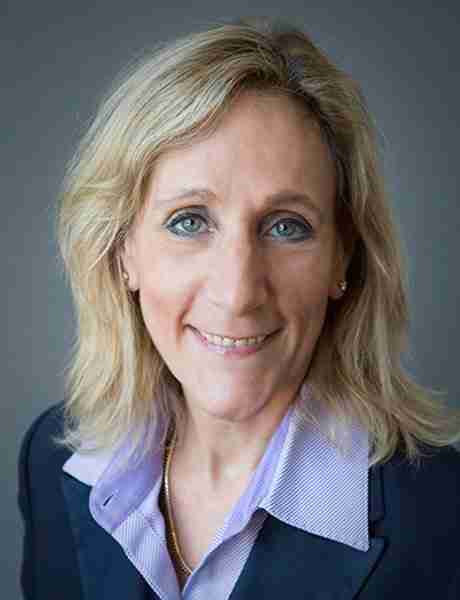ICERM Radio Live Broadcast is Back on Air

Listen to live broadcast every Saturday at 2 pm in Eastern Time (New York Time) starting from Saturday, February 20, 2016.
Call in to speak with the host and make your views known to the world +1- (323) 642-1236.
ICERM Radio is “a global peace network dedicated to promoting interethnic and interreligious cooperation.” As an essential part of the ICERM’s education and dialogue programs, ICERM Radio is established to educate people about ethnic and religious conflicts, and to create opportunities for interethnic and interreligious exchanges, communication and dialogue. Through programming that informs, educates, engages, mediates, and heals, ICERM Radio promotes positive interaction among people of different tribes, castes, ethnicities, races, religious persuasions and sectarian groups; helps to increase tolerance and acceptance; and supports sustainable peace in countries around the world.
ICERM Radio is also a “bridge builder” and a technological instrument of change, reconciliation and peace, featuring News, Lectures, Dialogue (Let’s Talk About It), Documentary Interviews, Book Reviews, and Music (I Am Healed).
Tune in by calling +1- (323) 642-1236 every Saturday at 2 pm in Eastern Time (New York Time) to listen to the show and add your voice to the discussion. You can also listen to the broadcast on the podcast page.



